
Children may have suboptimal long-term brain development if their mother smokes tobacco consistently during pregnancy.

Children may have suboptimal long-term brain development if their mother smokes tobacco consistently during pregnancy.

Pharmacists can play an important role in helping ensure compliance with prescribed medications, which can help seniors maintain their health and quality of life while aging at home.

A recent study revealed that social activities like gardening or getting a college degree could improve cognition in older age, which could possibly prevent Alzheimer disease.

Older individuals who were exposed to any amount of light while sleeping were significantly more likely to be obese, have high blood pressure, and have diabetes.
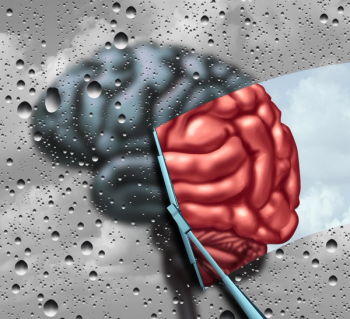
For every 10% increase in daily intake of ultra-processed foods, people had a 25% higher risk of dementia, though the association is not proven to be causal.

The FDA has approved daridorexant (Quviviq; Idorsia Pharmaceuticals, US Inc) to treat adults with insomnia.

Lumryz (FT218) treats cataplexy and excessive daytime sleepiness caused by narcolepsy.

Data indicate that consumption of 7 or more units of alcohol per week is associated with higher iron levels in the brain, which has been linked to Alzheimer and Parkinson diseases.
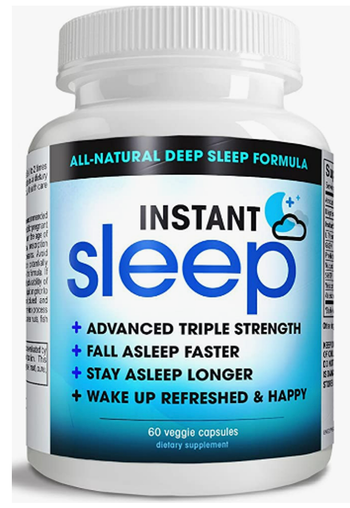
Instant Sleep is intended to aid with falling asleep faster and staying asleep longer.

Brexpiprazole is indicated as an adjunctive therapy to antidepressants in adults with major depressive disorder and as a treatment in adults with schizophrenia.

Jazz Pharmaceuticals announced top-line results from the phase 3 RELEASE MSS1 trial, evaluating nabiximols oromucosal spray in individuals with multiple sclerosis.

Surprising turn of events is a strong message to the pharmaceutical industry about the acceptable developmental pathway for this drug class.
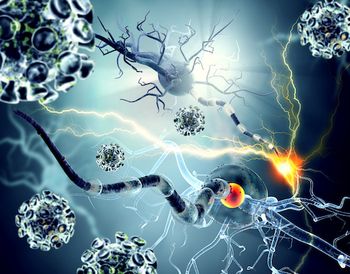
New data show that after 4 years of treatment, 78.8% of patients who continuously received ofatumumab achieved no evidence of disease activity-3 (NEDA-3) compared to 51.8% of those who switched from teriflunomide to ofatumumab.
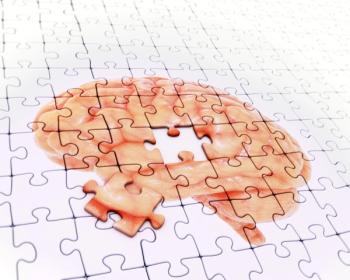
But investigators find that individuals who had shingles that spread to the central nervous system had nearly twice the risk of developing mental deterioration, though it is rare.
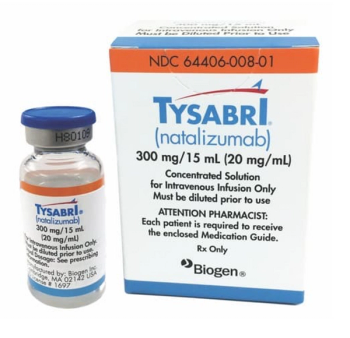
Natalizumab (Tysarbi) is an integrin receptor antagonist indicated for treatment of: multiple sclerosis and Crohn disease.

The symptoms of serotonin syndrome often include autonomic dysfunction, neuromuscular excitation, and altered mental status.

Studies have estimated that 16% of people with dementia experience depression, but this may be as high as 40%, demonstrating a great need for effective treatments.

Serotonin syndrome generally occurs within 6 hours of a change in dose or addition of medication.

Analysis also indicates that individuals with the highest-level beta-cryptoxanthin in their blood were less likely to develop cognitive issues decades later.

Analysis shows that half of individuals with both these sensory losses are cognitively impaired, investigators say.

Statistics indicate possible benefit of home-based palliative care interventions, according to study results from the Indiana University School of Medicine and the Regenstrief Institute.

The FDA approved daridorexant in January 2022 to treat insomnia after it showed improvements in changes in latency to persistent sleep and wake after sleep onset.

FT218 is an investigational formulation of sodium oxybate that is designed to be taken once at bedtime for the treatment of excessive daytime sleepiness for individuals with narcolepsy.

New analysis demonstrates that physical activity improves cognitive health, thus staving off dementia.
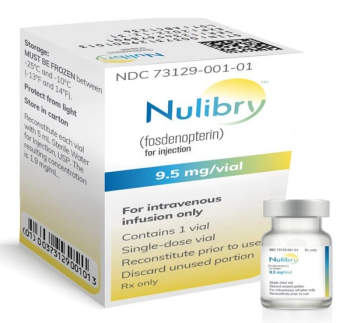
Fosdenopterin (Nulibry) is indicated to reduce the risk of mortality in patients with molybdenum cofactor deficiency Type A.